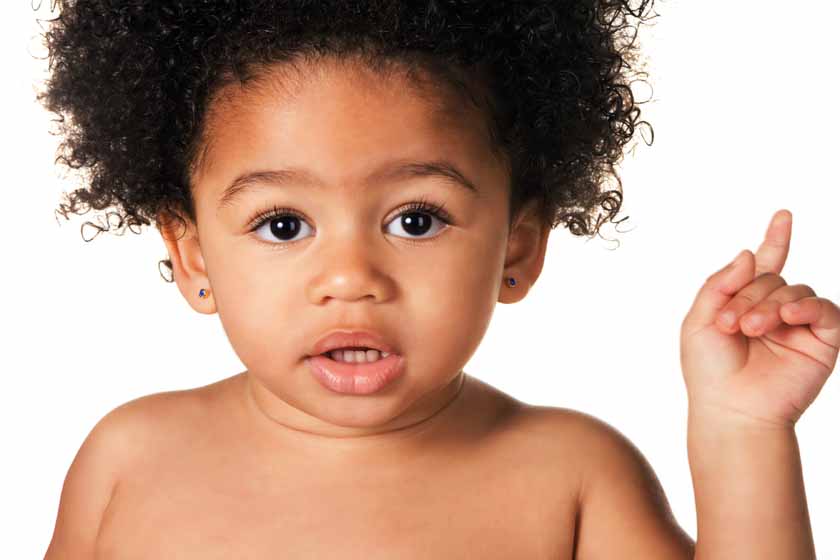Your Why does my 1 week old baby keep getting hiccups images are available. Why does my 1 week old baby keep getting hiccups are a topic that is being searched for and liked by netizens now. You can Download the Why does my 1 week old baby keep getting hiccups files here. Find and Download all royalty-free vectors.
If you’re searching for why does my 1 week old baby keep getting hiccups images information linked to the why does my 1 week old baby keep getting hiccups interest, you have come to the ideal blog. Our site always provides you with hints for viewing the highest quality video and image content, please kindly hunt and locate more enlightening video articles and images that fit your interests.
Why Does My 1 Week Old Baby Keep Getting Hiccups. A very full stomach can cause hiccups. Later on giggles may bring on the hiccups. Be alert and analyze the reasons as that helps you focus on stopping the hiccups. Many of the likely causes relate to feeding.
 How To Prevent And Cure Newborn Hiccups Infographic
How To Prevent And Cure Newborn Hiccups Infographic
Hiccups in your unborn baby are just a fetal reflex that is remarkably similar to our own. The spasm causes an intake of breath that is suddenly stopped by the closure of the vocal cords. We all experience them from time to time less and less often as we grow older. A very full stomach can cause hiccups. A woman may notice however that the sensation of hiccups is more rhythmic than other movements. Some people have described it as a twitch or pulsating feeling that.
They can spend up to 25 of their time in the newborn stage hiccuping.
The hiccuping reflex is very strong in newborns especially. Most babies have hiccups in their first year. It also occurs to confirm that the central nervous system of the baby is fully functional and ready to encounter the world outside. Hiccups may be brought on by air trapped in little stomachs during a feeding. Since a babys stomach and torso are small it. The Cause and Treatment of Infant Hiccups in Babies and Newborns.

Hiccups happen when the diaphragm the respiratory muscle at the base of the chest gets irritated and spasms. Hiccups occur when a spasm contracts the diaphragm. In babies persistent hiccups is sometimes associated with bringing up milk after a feed reflux. This means that when your babys tummy is full food and acid can come back up. Some people have described it as a twitch or pulsating feeling that.
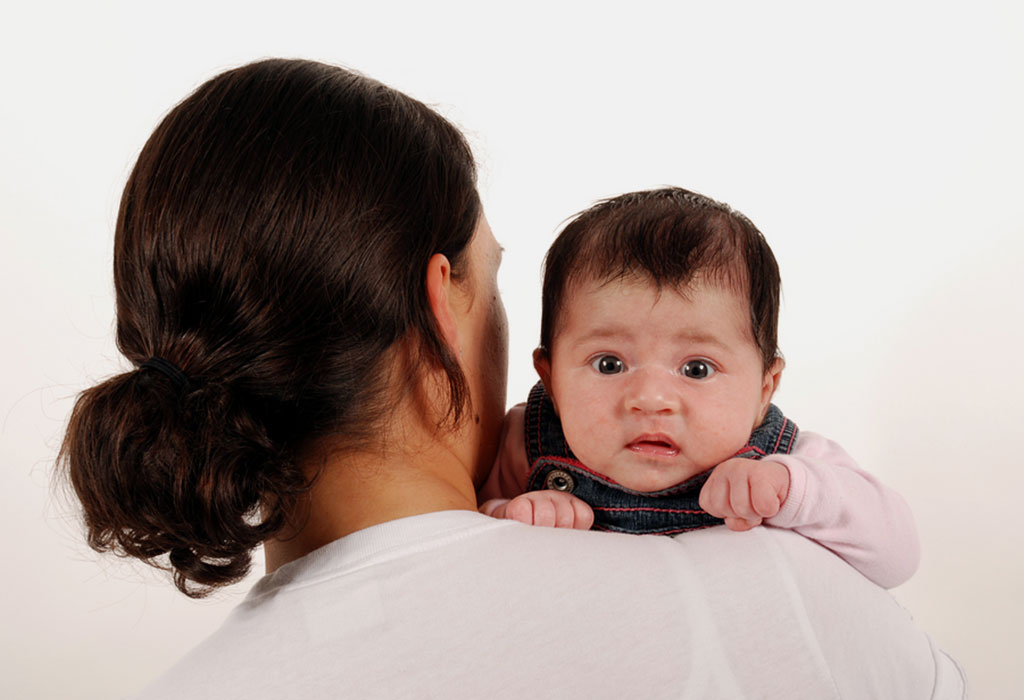
They can spend up to 25 of their time in the newborn stage hiccuping. Many of the likely causes relate to feeding. They can spend up to 25 of their time in the newborn stage hiccuping. The spasm causes an intake of breath that is suddenly stopped by the closure of the vocal cords. Then as they grow out of the newborn stage the hiccups tend to decrease.
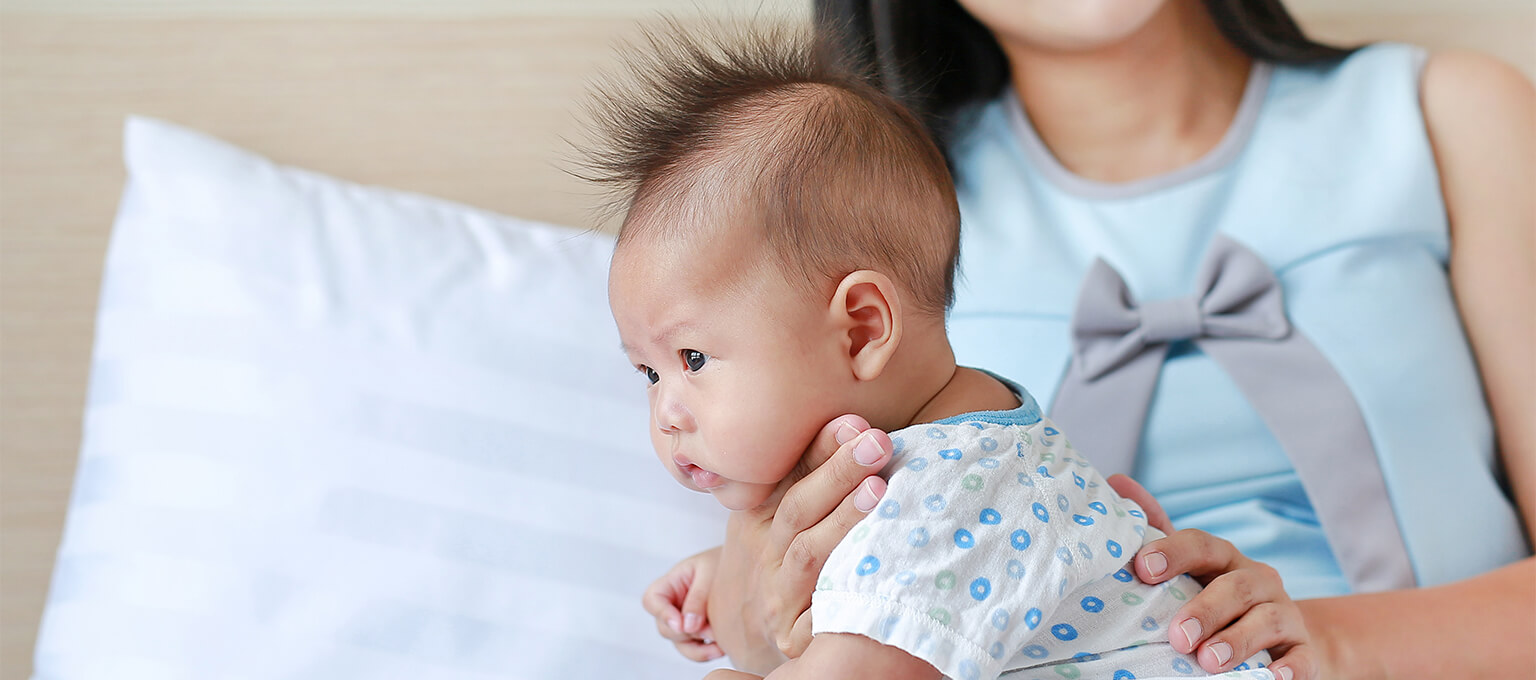
Then as they grow out of the newborn stage the hiccups tend to decrease. Baby hiccups are caused by a contraction of the diaphragm and the quick closing of the vocal cords. Everyone is familiar with hiccups. But hiccups are usually nothing to worry about. But if the symptoms are severe or if they dont go away after a couple of weeks or seem to be getting worse ask your health visitor or doctor for advice.

But if the symptoms are severe or if they dont go away after a couple of weeks or seem to be getting worse ask your health visitor or doctor for advice. The Cause and Treatment of Infant Hiccups in Babies and Newborns. Hiccups occur when a baby inhales and exhales amniotic fluid in the amniotic sac. Some people have described it as a twitch or pulsating feeling that. A woman may notice however that the sensation of hiccups is more rhythmic than other movements.
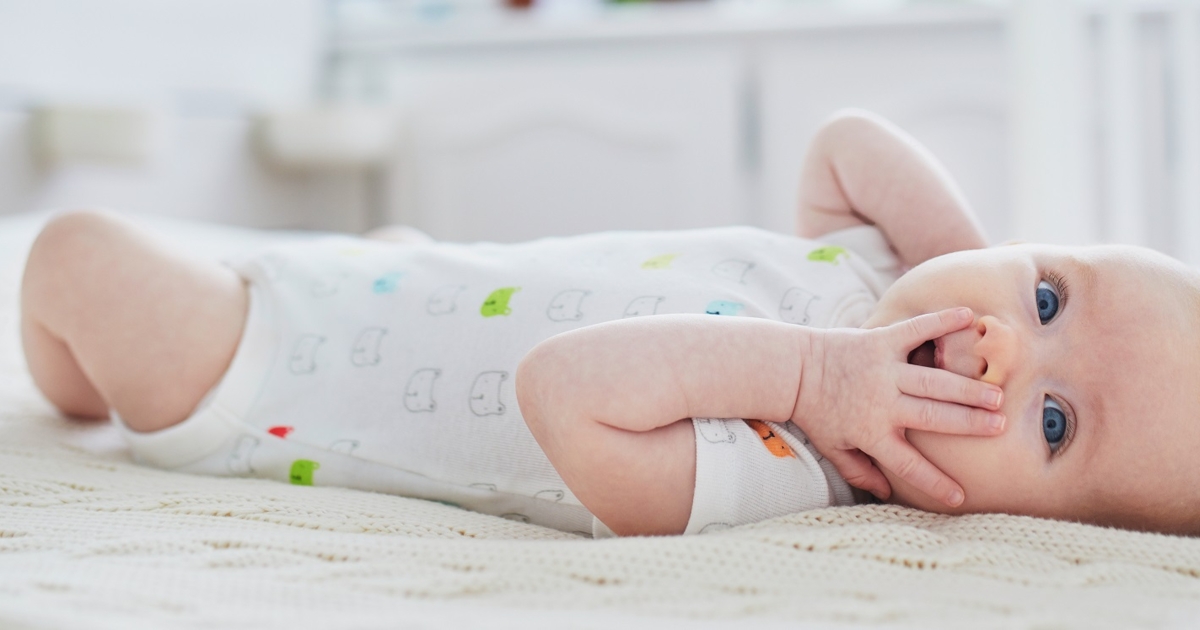
They can spend up to 25 of their time in the newborn stage hiccuping. They can spend up to 25 of their time in the newborn stage hiccuping. Many of the likely causes relate to feeding. The Cause and Treatment of Infant Hiccups in Babies and Newborns. Hiccups occur when a spasm contracts the diaphragm.
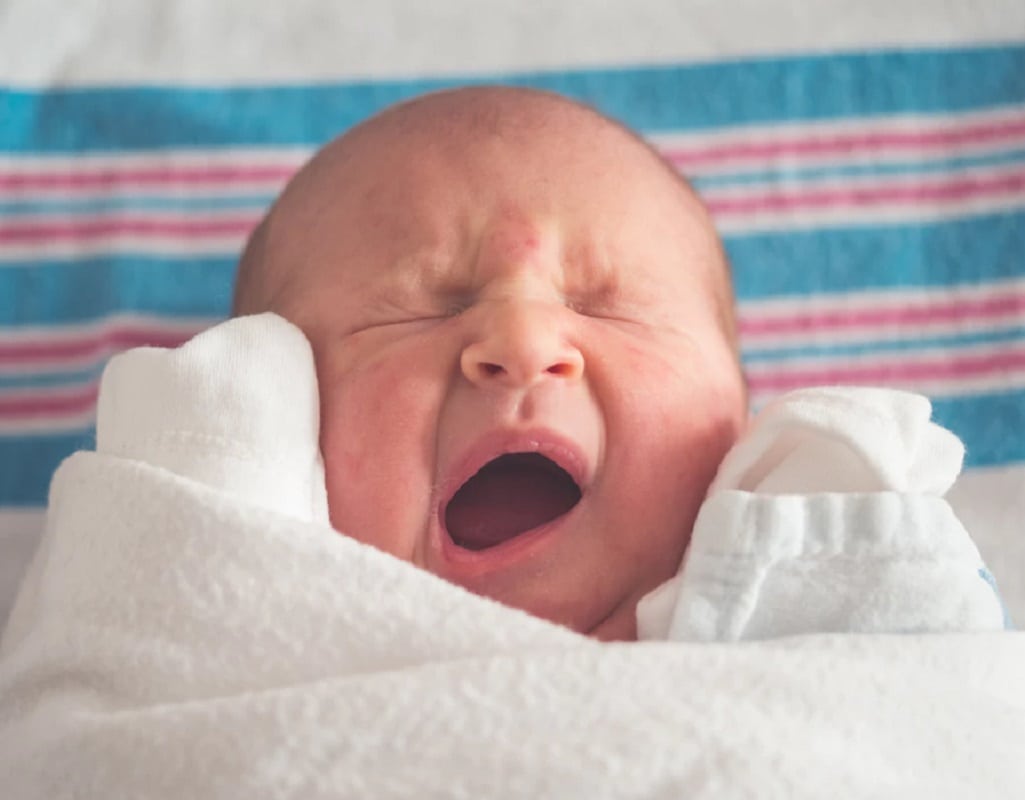
A very full stomach can cause hiccups. Hiccups in your unborn baby are just a fetal reflex that is remarkably similar to our own. The rapid closing of the vocal cords is what creates the sound of hiccups. Just like with adults theres no single cause for newborn hiccups although there are theories. Be alert and analyze the reasons as that helps you focus on stopping the hiccups.

Hiccups in your unborn baby are just a fetal reflex that is remarkably similar to our own. The rapid closing of the vocal cords is what creates the sound of hiccups. Many of the likely causes relate to feeding. They may also simply be yet another in babys repertoire of reflexes. This is a large sheet of muscle that separates the chest cavity from the abdominal cavity.

It also occurs to confirm that the central nervous system of the baby is fully functional and ready to encounter the world outside. If the teat flow is too slow your hungry baby may become frustrated and try to suck harder and faster gulping in too much air. Baby hiccups are caused by a contraction of the diaphragm and the quick closing of the vocal cords. A woman may notice however that the sensation of hiccups is more rhythmic than other movements. Like hiccups reflux in babies isnt usually serious.

This closure causes the hiccup sound. A woman may notice however that the sensation of hiccups is more rhythmic than other movements. This closure causes the hiccup sound. Hiccups may be brought on by air trapped in little stomachs during a feeding. They can spend up to 25 of their time in the newborn stage hiccuping.

This means that when your babys tummy is full food and acid can come back up. The rapid closing of the vocal cords is what creates the sound of hiccups. Babies are particularly prone to hiccups even within the womb sometimes as early as the 6th week after conception. Baby hiccups are caused by a contraction of the diaphragm and the quick closing of the vocal cords. A woman may notice however that the sensation of hiccups is more rhythmic than other movements.

Sometimes a drop in the temperature can cause the muscles of the baby to contract. Be alert and analyze the reasons as that helps you focus on stopping the hiccups. A woman may notice however that the sensation of hiccups is more rhythmic than other movements. This closure causes the hiccup sound. But if the symptoms are severe or if they dont go away after a couple of weeks or seem to be getting worse ask your health visitor or doctor for advice.

Feed your baby in a more upright position when hes relaxed and happy. Be alert and analyze the reasons as that helps you focus on stopping the hiccups. In babies persistent hiccups is sometimes associated with bringing up milk after a feed reflux. Since a babys stomach and torso are small it. The spasm causes an intake of breath that is suddenly stopped by the closure of the vocal cords.
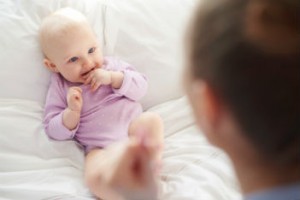
Hiccups occur when a spasm contracts the diaphragm. How to Help Prevent Hiccups in Your Baby. This closure causes the hiccup sound. Babies get reflux because the muscular valve at the end of the food pipe which acts to keep food in the tummy hasnt developed properly yet. They can spend up to 25 of their time in the newborn stage hiccuping.

A woman may notice however that the sensation of hiccups is more rhythmic than other movements. Sometimes a drop in the temperature can cause the muscles of the baby to contract. They can spend up to 25 of their time in the newborn stage hiccuping. Hiccups happen when the diaphragm the respiratory muscle at the base of the chest gets irritated and spasms. This can lead to a contraction of the diaphragm making the baby break into a bout of hiccups.
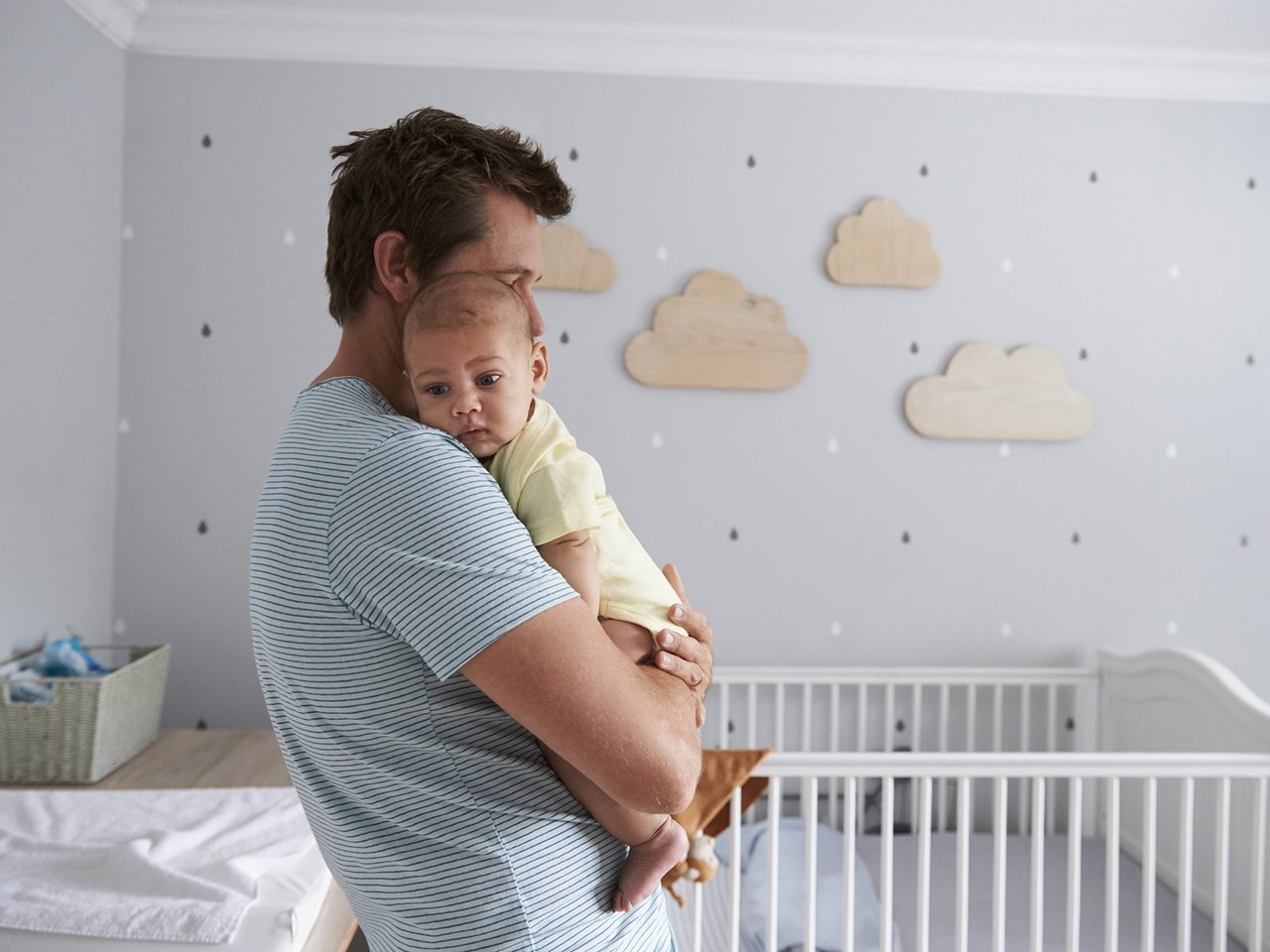
This closure causes the hiccup sound. They may also simply be yet another in babys repertoire of reflexes. The rapid closing of the vocal cords is what creates the sound of hiccups. In babies persistent hiccups is sometimes associated with bringing up milk after a feed reflux. Like hiccups reflux in babies isnt usually serious.
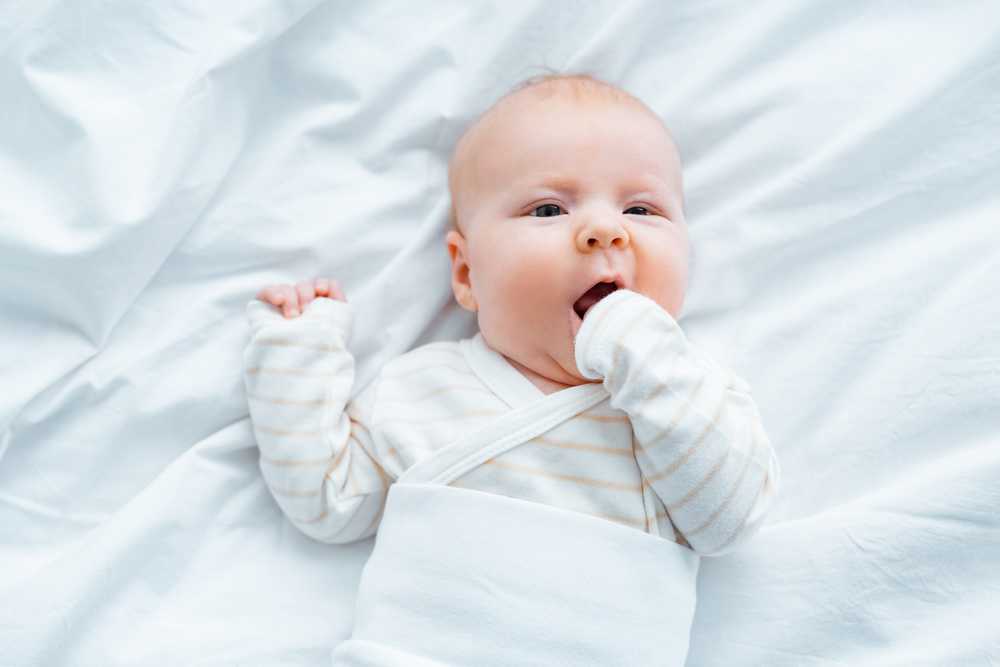
But if the symptoms are severe or if they dont go away after a couple of weeks or seem to be getting worse ask your health visitor or doctor for advice. A very full stomach can cause hiccups. The rapid closing of the vocal cords is what creates the sound of hiccups. Sometimes a drop in the temperature can cause the muscles of the baby to contract. But hiccups are usually nothing to worry about.

The rapid closing of the vocal cords is what creates the sound of hiccups. Hiccups occur when a baby inhales and exhales amniotic fluid in the amniotic sac. Most babies have hiccups in their first year. Hiccups in your unborn baby are just a fetal reflex that is remarkably similar to our own. A very full stomach can cause hiccups.

Just like with adults theres no single cause for newborn hiccups although there are theories. Hiccups happen when the diaphragm the respiratory muscle at the base of the chest gets irritated and spasms. A very full stomach can cause hiccups. But hiccups are usually nothing to worry about. Hiccups occur when a baby inhales and exhales amniotic fluid in the amniotic sac.
This site is an open community for users to do submittion their favorite wallpapers on the internet, all images or pictures in this website are for personal wallpaper use only, it is stricly prohibited to use this wallpaper for commercial purposes, if you are the author and find this image is shared without your permission, please kindly raise a DMCA report to Us.
If you find this site value, please support us by sharing this posts to your own social media accounts like Facebook, Instagram and so on or you can also bookmark this blog page with the title why does my 1 week old baby keep getting hiccups by using Ctrl + D for devices a laptop with a Windows operating system or Command + D for laptops with an Apple operating system. If you use a smartphone, you can also use the drawer menu of the browser you are using. Whether it’s a Windows, Mac, iOS or Android operating system, you will still be able to bookmark this website.

